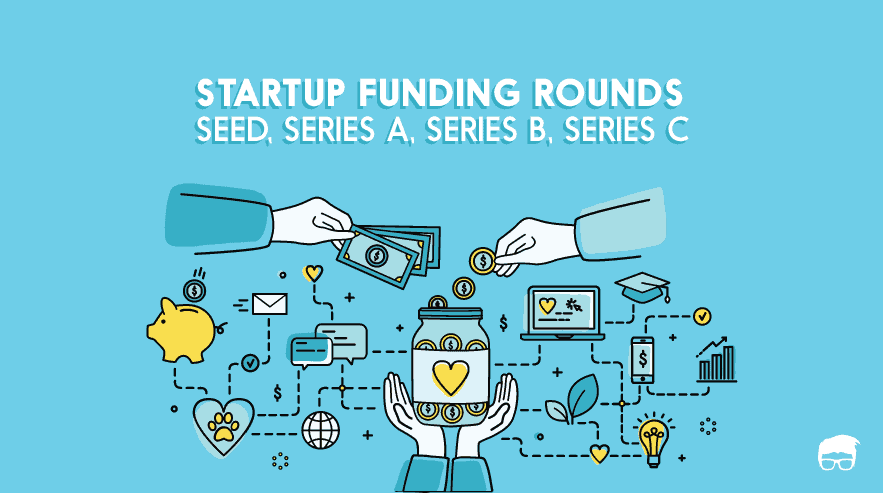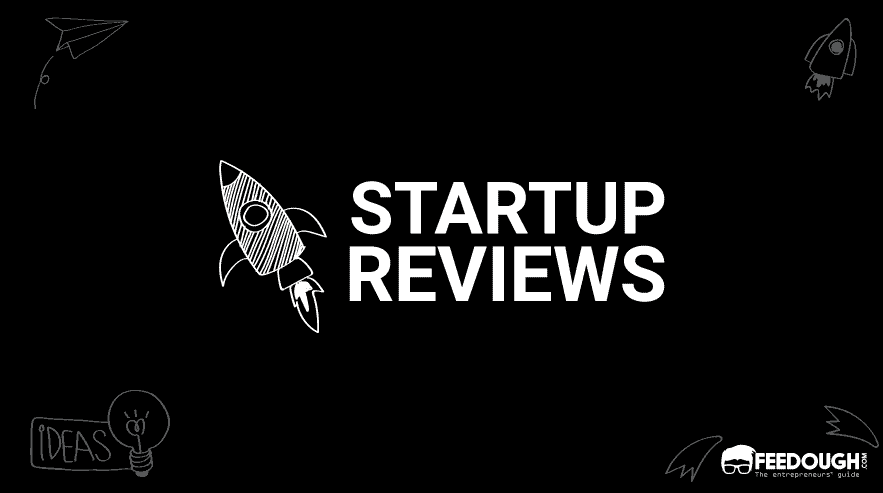The problem – an early-stage startup’s growth trajectory is hard to predict. The information is limited and the company goes through numerous ups and downs for some years before stabilizing its growth. This makes it difficult to determine the real valuation of the startup, which makes most early-stage investors like angel investors and venture capitalists take a back foot during the early equity funding rounds due to the risks involved.
The solution – Convertible notes.
What Is A Convertible Note?
A convertible note is short-term debt-cum-investment tool used to invest in early-stage startups that the investor can choose to convert into common shares at a later time or an event when it is easier to determine the company’s valuation.
In simple terms, it’s a short-term loan given to an early-stage startup by an investor not with the intent that it is going to be paid back, but with the intent that, in the future, it’ll convert into ownership in the startup.
Now, to understand this definition of convertible notes better, let’s break it into four parts –
- Short-Term Debt-Cum-Investment Tool: A convertible note is a special short-term loan. That is, when someone writes you a convertible note of any amount, you’re expected to pay it back, along with decided interest, within one to two years. This is also considered to be a safe investment tool as the investor gets an option to convert this debt into equity at a later stage if he sees that the company has potential and his investment will have more return if converted into equity.
- Used To Invest In Early-Stage Startups: Unlike corporates or late startups, early-stage startups are risky. There is very less information that can be used to correctly determine its valuation, and since such startups can fail any time, it’s risky for investors to provide such startups with long-term loans. This is where convertible notes come to the rescue of the entrepreneurs. It lets the investors invest in early-stage startups in the form of short-term convertible loans.
- Investor Can Later Choose To Convert Into Common Shares: The startup’s valuation isn’t decided when the convertible note is issued, mainly because the startup isn’t mature enough to be valued. Later, if the investor believes that the startup is doing good, he has the option to convert this debt into equity according to the valuation then.
- At A Time Or An Event When It Is Easier To Determine The Company’s Valuation: The convertible notes are converted into equity when the company is mature enough to be valued. This usually occurs during the seed investment or Series A investment stage when other investors join the board.
Convertible Notes Terms & Key Parameters
There’s more to just the simple explanation of convertible notes. Just like other loans, this loan has a fixed term (usually between 1-2 years) and accrues interest.
However, unlike other loans, this loan comes with a reward for the risk undertaken. At the end of the term, it’s up to investors if they want to get the principal back with interest or the loan to be converted into equity. All of these depend on the terms set at the time of signing the loan agreement –
- Maturity Date: This represents the date when the note will become due and the startup has to pay it back.
- Interest Rate: It’s the rate at which interest accrues on the investment provided to the startup. However, in cases when the debt is converted into equity, this interest accrues as additional principal, which increases the number of shares upon conversion.
- Valuation Cap: Cap is the maximum valuation at which the note can convert into equity. The investors in the convertible note get converted into equity at a predetermined valuation set at the time of signing the convertible note.
- Discount: This is the valuation discount the investors offering a convertible note receive relative to the investors in the subsequent financing round.
- Conversion Trigger: The point of convertible note is to convert at the onset of a certain event in the future. Usually the next qualified funding round is considered to be the conversion trigger for the convertible note.
How Convertible Note Works?
Both valuation cap and discount are offered to compensate for the additional risk an early-stage investor incurs while investing without knowing the future valuation of the company. They form the spine of the bond and differentiate this loan from others.
Let’s explain this with a few convertible note examples –
Convertible Note With A Valuation Cap But No Discount
Let’s assume that a startup XYZ raised its seed funding of $50,000 from an Angel investor, Mr A, by issuing a convertible note with a $5M valuation cap and no discount.
Next year, the company went on to raise its Series A investment at a pre-money valuation of $10M at a price of $10 per share.
Now, even though the company is now valued at $10M, Mr A will have the option to convert his investment of $50,000 into equity shares at the valuation of $5M. That is, he’ll get the share price of $5 [5M/10M*10] and will get an option to convert his investment into 10,000 shares which would have otherwise cost him $100,000.
Convertible Note With A Discount But No Valuation Cap
Let’s assume that a startup XYZ raised its seed funding of $60,000 from an Angel investor, Mr B, by issuing a convertible note with a 40% discount to the Series A round.
Next year, the startup went on to raise its Series A investment at a pre-money valuation of $10M at a price of $10 per share.
Now, unlike other investors, Mr B, will get a 40% discount on this price per share if he wants to convert his debt into equity, which comes out to $6 per share. That is, he’ll be able to convert his investment into 10,000 shares [60,000/6] which would have otherwise cost him $100,000.
Convertible Note With Both Valuation Cap And A Discount
Most often than not, a startup issues both the valuation cap and a discount to the investor. In such a situation, the investor weighs both the options at the time of the valuation and converts his debt into equity at the lowest possible rate.
Let’s assume that a startup XYZ raised its seed funding of $50,000 from an Angel investor, Mr C, by issuing a convertible note with a $5M valuation cap and 40% discount to the Series A round.
If at the series A funding round, the company is valued at $10M at a price of $10 per share, the 40% discount will convert Mr C’s investment at $6 per share.
The valuation cap, however, would result in $5 per share [5M/10M*10] and would be the actual price at which Mr C’s investment would convert into equity.
Pros and Cons Of Convertible Notes
Just like other investment vehicles, convertible notes also have certain pros and cons which attract some investors and entrepreneurs while repelling a few.
Convertible Notes Benefits
- Simplest Structure and Fewer Complications: Unlike equity funding, it isn’t necessary for a startup to be a registered C Corp or LLC to take funding in the form of a convertible note. Moreover, this type of funding requires less paperwork and lower legal fees.
- Investor Benefits: Investors play safe with convertible notes – they act as debtholders during the early stage when the risk is more, and convert to equity stakeholders at a later stage when the risk is less. Moreover, they also receive discounts or valuation caps on their converting balance as a reward of taking early risks.
- Deferred Negotiations: With convertible notes, the startup defers the negotiations surrounding the valuation to a later stage when the company is mature enough to be valued well. This saves a lot of time and fees.
Convertible Notes Cons
- Future Risks: If the valuation cap is kept low, the next round could be negatively affected as such investors will get a disproportionally large portion of the equity from the next round. Similarly, if the valuation cap is kept high, the next round could negatively affect investors.
- Faulty Clauses: Since convertible notes are custom-made, investors can include many clauses that can have future implications on the startup and its growth.
- Lack Of Noteholder Control: When it comes to convertible notes, the investors are at mercy of the startup owners, with little power to sway the outcome of their investments. They do not even get a chance to negotiate in the future valuation of the company. Often times, this results in a valuation which they do not agree with.
- Future Decision-Making Right: The note gives investors a future right to be a part of the decision making. If they get more shares than expected and start interfering with the decision making, this could affect the smooth functioning of the business.
Go On, Tell Us What You Think!
Did we miss something? Come on! Tell us what you think about our article on convertible note in the comments section.
A startup consultant, digital marketer, traveller, and philomath. Aashish has worked with over 20 startups and successfully helped them ideate, raise money, and succeed. When not working, he can be found hiking, camping, and stargazing.









